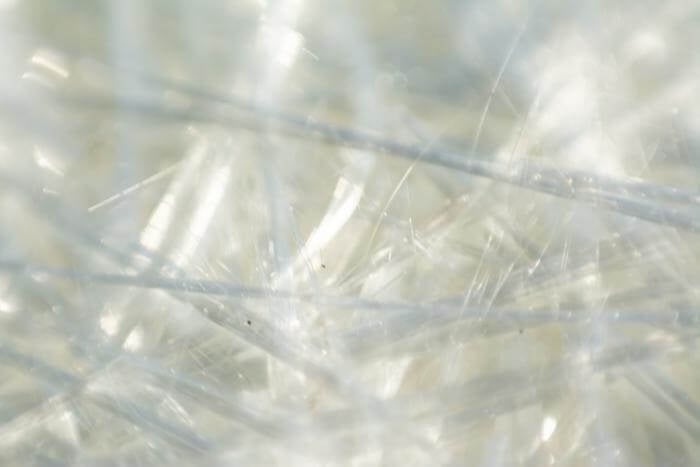Researchers at the University of Birmingham have discovered that silver retains its antimicrobial activity for a longer duration when incorporated into “bioactive glass.” The study demonstrates, for the first time, how this promising combination provides more long-lasting antimicrobial wound protection compared to conventional alternatives.
Bioactive glass, composed of silicone, has been used in bone grafting procedures for several years. In this study, the researchers investigated the effects of bioactive glass doped with ionic silver on biofilms formed by Pseudomonas aeruginosa, a multi-drug resistant bacterium commonly associated with infection in chronic wounds.
The study, published in the journal Biofilm, revealed that specific techniques related to preparation, storage, and application minimized the transformation of silver ions to silver chloride, thereby maintaining antimicrobial activity. The research team consisted of microbiology researcher Dr. Sarah A. Kuehne, biomaterials expert Dr. Gowsihan Poologasundarampillai, and multidisciplinary PhD student Sandeep Shirgill from the University of Birmingham’s School of Dentistry, along with Dr. Sara Jabbari from the School of Mathematics and Dr. John Ward from Loughborough University’s Department of Mathematical Sciences.
The University of Birmingham team has significant expertise in bioactive glass, which is currently utilized as a bioactive degradable graft material. The fibrous form of bioactive glass, with its robust, packable, and porous structure, supports tissue growth and plays a critical role in applications such as bone grafting.
The researchers are interested in collaborating with companies involved in dental surgery or wound care to develop products based on their findings. Dr. Sam Moxon, a post-doctoral researcher working with the Birmingham team, has been exploring the use of these innovative materials in dental surgery and wound care. Having completed an Innovate UK funded program called ICURe (Innovation to Commercialization of University Research), the team now aims to advance the material toward clinical approval.
Dr. Moxon will present this work at the UK Society for Biomaterials annual conference in Belfast and deliver a keynote speech at the Future Investigators in Regenerative Medicine annual conference in Spain. His presentations will cover research conducted at the University of Birmingham and the team’s aspirations to develop promising new biomaterials tailored to different applications.
If our reporting has informed or inspired you, please consider making a donation. Every contribution, no matter the size, empowers us to continue delivering accurate, engaging, and trustworthy science and medical news. Independent journalism requires time, effort, and resources—your support ensures we can keep uncovering the stories that matter most to you.
Join us in making knowledge accessible and impactful. Thank you for standing with us!

